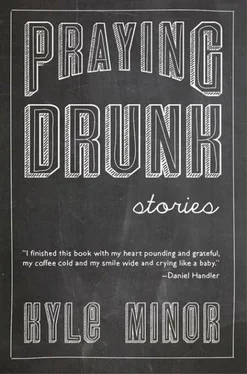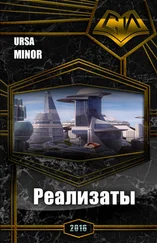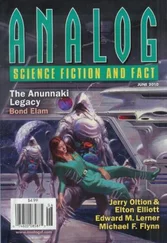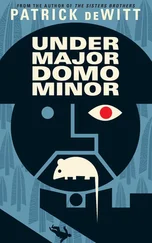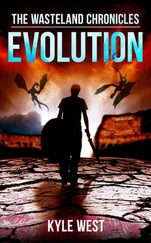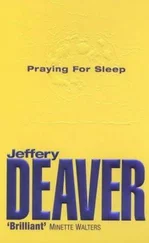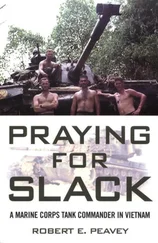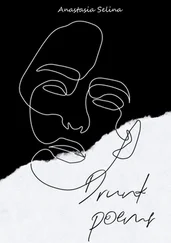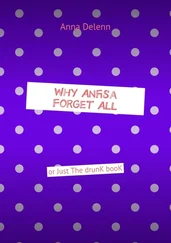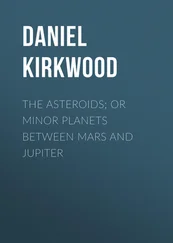for
Don Pollock, Kirby Gann,
Matt Bell, Neil Smith,
Jen Percy, Tom Quach,
and
Okla Elliott.
If I lose my demons, I will lose my angels as well.
— Rainer Maria Rilke
Note to the reader:
These stories are meant to be read in order.
This is a book, not just a collection.
DON’T SKIP AROUND.
I. “I Wish My Soul Were Larger Than It Is”
THE QUESTION OF WHERE WE BEGIN
WE BEGIN WITH THE TROUBLE, but where does the trouble begin? My uncle takes a pistol and blows his brains out.
Now we may proceed to the aftermath. The removal of the body from his bedroom. The cleanup. The reading of the will. The funeral in West Palm Beach, Florida. The woman he wanted to marry, taking the ring he gave her and putting it on her finger after the death.
But this beginning is not satisfactory. The mourners are now parsing their theories of why. Did you know that he was brain-damaged when that city dump truck hit him twenty years ago? Look at his children grieving in the front pew of the funeral room. Why wouldn’t they visit him except when they wanted his settlement money? Had his settlement money run out? And where is his ex-wife? Why couldn’t she love him enough to stay with him (for better or for worse, right?)? Do you think it’s true he was physically violent with her like she told the judge?
Now we’re thinking the trouble doesn’t begin with the big event. It’s the grievance that led to the big event. Perhaps he wouldn’t have killed himself if his children had more demonstrably loved him. Perhaps he wouldn’t have killed himself if his wife hadn’t left him.
Perhaps his wife wouldn’t have left him if he had never been physically violent with her.
Perhaps he would never have been physically violent with her if his brain chemistry had not been altered by the city dump truck that hit him twenty years earlier. So perhaps we begin at his old house, in the morning, him buttoning his workshirt, smoothing the patch that bears his name on the pocket of his workshirt. Perhaps our story is about the workings of chance. What if he had stopped or not stopped this particular morning to get coffee? What if he had ordered two hash browns in the McDonald’s drive-thru instead of one hash brown, but had to wait a little longer for his order, since only one hash brown was ready, and the second hash brown was still in the fryer?
But this, chance, isn’t story. Chance doesn’t satisfy the itch story scratches, or not chance entirely. Story demands agency. But whose? My uncle was no dummy. Why was he a common laborer? Why didn’t he go to college?
Now we’re parsing family-of-origin stuff. His mother and father. My grandmother and grandfather. She was a lazyish homebody who wore a muumuu in her trailer every day of her life I knew her unless it was beauty shop day. He was a wellpoint foreman who spent his child-raising years as a raging alcoholic who yanked the curtains off the walls. She didn’t finish the eighth grade. He only finished the sixth. Maybe if she had thought school was important, my uncle might have gone to college, got a white-collar job, missed the dump truck. Maybe if he hadn’t made my uncle sleep in the bathtub almost every night, my uncle might have slept better, been more alert in school, been encouraged by some teacher to go to college, got a white collar job, missed the dump truck, married a different woman, had different children, earned until he was eighty.
What if his mother and father had never met and married at all? What if sperm and egg had never met? Or what if sex was not, as my grandmother once asserted, a nasty thing forced upon her in the night, but rather a thing of love and passion? Or what if something had been different in Owensboro, Kentucky, where they met in a roadhouse? What if the idea of love somehow transformed my grandfather into a man who could declare that for his seventeen-year-old bride and their children-to-be, he would never touch the bottle again? If we change a variable here and there, my uncle doesn’t lock the doors, lie down on his bed, stick the pistol in his mouth, and blow his brains out.
And if we can lay some causal blame upon my grandparents, what about their parents? Who was this Kentucky coal miner Billy Ray Charlton who kept making babies with women and then making babies with their sisters? What did it mean for my grandmother, the little girl she was, to sleep in winter on the floor of a drafty shack in the mountains near a clear-cut someplace? Who were the men her stepmother aunt brought home at night after her mother died?
Again we enter into the questions of chance and existence. What if a mine collapsed upon Billy Ray Charlton before he could make his way from the bed of one sister to the bed of another? What if he mistimed a subterranean dynamite fuse and blew himself to death? What if there was a weakness in the rope that was used to lower his cage from the surface of the mountain to the mine shaft below? What if the rope snapped, and he was crushed among the others in the bent metal, or run through by some sharp stalagmite? No Billy Ray Charlton, no Edna Jo Mason. No Edna Jo Mason, no uncle. No uncle, no suicide.
Thinking this way, we’re soon thrown upon the exigencies of history. What if that proto-Charlton had not got on the boat from England and sailed somewhere toward the southern colonies? What if somebody a generation or two later had not heeded the call west, not settled in some Appalachian hollow and made somebody who would make somebody who would make Billy Ray Charlton, who would settle even farther west, in Owensboro?
What if the winds had not cooperated in 1588, and the English had not won the Battle of the Spanish Armada? Would anyone in North America be speaking anything but Spanish at all? Would anyone in England?
And what if the Taino Indians had known enough to find a way to kill and silence the genocidal murderer Christopher Columbus in the year 1492? Would the continent have been overrun by Europeans?
And what if the Angles, Saxons, and Jutes had not imposed their barbaric Germanic languages upon the Celtic Britons at the point of a sword? And what if the Roman Empire had not grown fat and lazy and become overrun by Vandals? And what if, on some prehistoric plain somewhere, the people Homo sapiens sapiens had not triumphed over their Neanderthal neighbors?
And now our trouble — the inciting incident of the story of my uncle’s suicide — has moved past the historical and into the cosmological. It could be, as the ancient Finns say, that the world was formed from an egg that was broken. Or it could be, as goes the diver myth of the Iroquois, the earth was covered with muddy water at the beginning of time. When a Sky Woman fell from above, she was caught by water animals who made a home for her by diving into the seas to bring up mud, which they spread onto the back of Big Turtle, and this mud grew into the great landmass. For all I know, maybe the Incas were right when they spoke of an earth covered with darkness until the god Con Tiqui Viracocha emerged from the present-day Lake Titicaca to create the sun, the moon, and the stars, and to fashion human beings from rocks he flung toward every corner of the world, and he kept two of them, a man and a woman, by his side in the place they call the navel of the world.
But this of course is the story of my uncle, and if on his terms — a man who came of age in Florida in the 1960s — we’re talking origins, we’re talking either the Big Bang Theory, in which the universe began from some ultra-dense and ultra-hot state over thirteen billion years ago, which predated the fabric of space and time and has continued to expand outward ever since, or, more likely, we’re talking the literal rendering of the Book of Genesis he would have heard as a child in the Southern Baptist church: In the beginning God created the heaven and the earth. And the earth was without form, and void; and darkness was upon the face of the deep. And the Spirit of God moved upon the face of the waters. And God said, Let there be light: and there was light. And God saw the light, that it was good: and God divided the light from the darkness. And God called the light Day, and the darkness he called Night. And the evening and the morning were the first day.
Читать дальше
